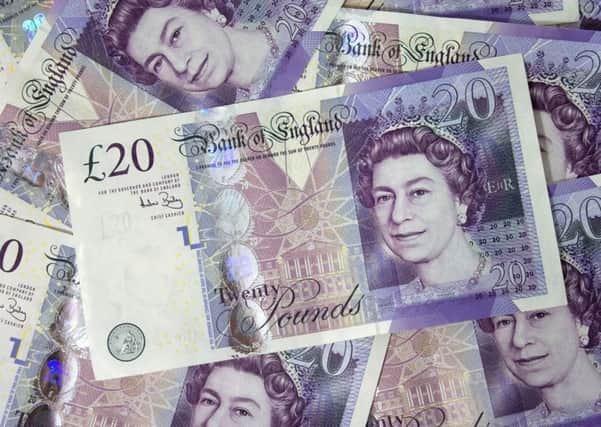Why we must revisit our aid commitment


I believe that we are a caring and compassionate nation and that we do, and should, provide aid for the poor and for the hungry, for the victims of natural disasters, and for those fleeing war and conflict, or the brutalities of their own countries.
I believe all of that.
But we should not provide it, as we have, to fund dance classes in Brazil.
Advertisement
Hide AdAdvertisement
Hide AdIn two previous articles relating to the first duty of government, and this is really part three, I wrote of the harsh and ongoing cuts to our police and defence budgets, the resulting loss in our capabilities, and the negative effects on recruitment and morale.
Yet here we have a department with a statutory requirement since 2015 to spend 0.7 per cent of our budget – £13.6billion, and more than a third of the entire defence budget.
And this is at a time when it is often difficult to separate the good guys from the bad guys, especially in areas of conflict, insecurity and mass migration.
One gets the impression that a lot of our aid money is squandered on unworkable projects because DFID is trying desperately to meet its annual budget commitment before time runs out.
Advertisement
Hide AdAdvertisement
Hide AdAbout 37 per cent of our budget goes to multilateral organisations, such as the UN, about £1billion to consultants, and the rest in direct bilateral aid to so-called developing countries.
The department tries to minimise risk by investing in specific projects, but millions and millions of pounds have gone missing from projects, and will continue to do so.
I have worked in various countries in Africa where corruption seems endemic, and there is little sign as far as I’m concerned that things are changing.
We deploy over £3billion of our annual largesse to the 10 ‘most corrupt’ countries in the world, including Somalia, South Sudan, North Korea and Venezuela. The top five recipients are Pakistan, Ethiopia, Afghanistan, Syria and Nigeria, which David Cameron described as “spectacularly corrupt”. I’ve worked there – it is.
Advertisement
Hide AdAdvertisement
Hide AdWe have given over £1billion in aid to them and, according to Michael Burleigh, the British author and historian, it would have been better to just burn the money.
Aid can also have negative consequences. Direct food aid, for example, can drive local farmers out of business, and other aid can discourage entrepreneurship and self-sufficiency.
Too much money still goes to countries with powerful people running them. Rwanda, Ethiopia and Uganda may be great at building schools, but not so great at democracy. Always remember, the only causes of ongoing extreme poverty are inefficient governments.
Not much is going to be done until we stagger out of the Brexit process, but surely it will then be time to revisit our current 0.7 per cent commitment and, in conjunction with a review of more urgent priorities such as the NHS, defence and police, establish how best our money should be spent.
Advertisement
Hide AdAdvertisement
Hide AdThe other side of the coin would be to ensure that whatever was spent on foreign aid addressed genuine need and was properly managed, then perhaps the Brexit bus promise of £350million a week for the NHS could be kept.
According to the End Child Poverty coalition, almost 15,000 children are living in poverty, below the breadline, here in Northumberland.
Someone should think on that before we fund the next ‘Little Mix’ girl band in Africa.